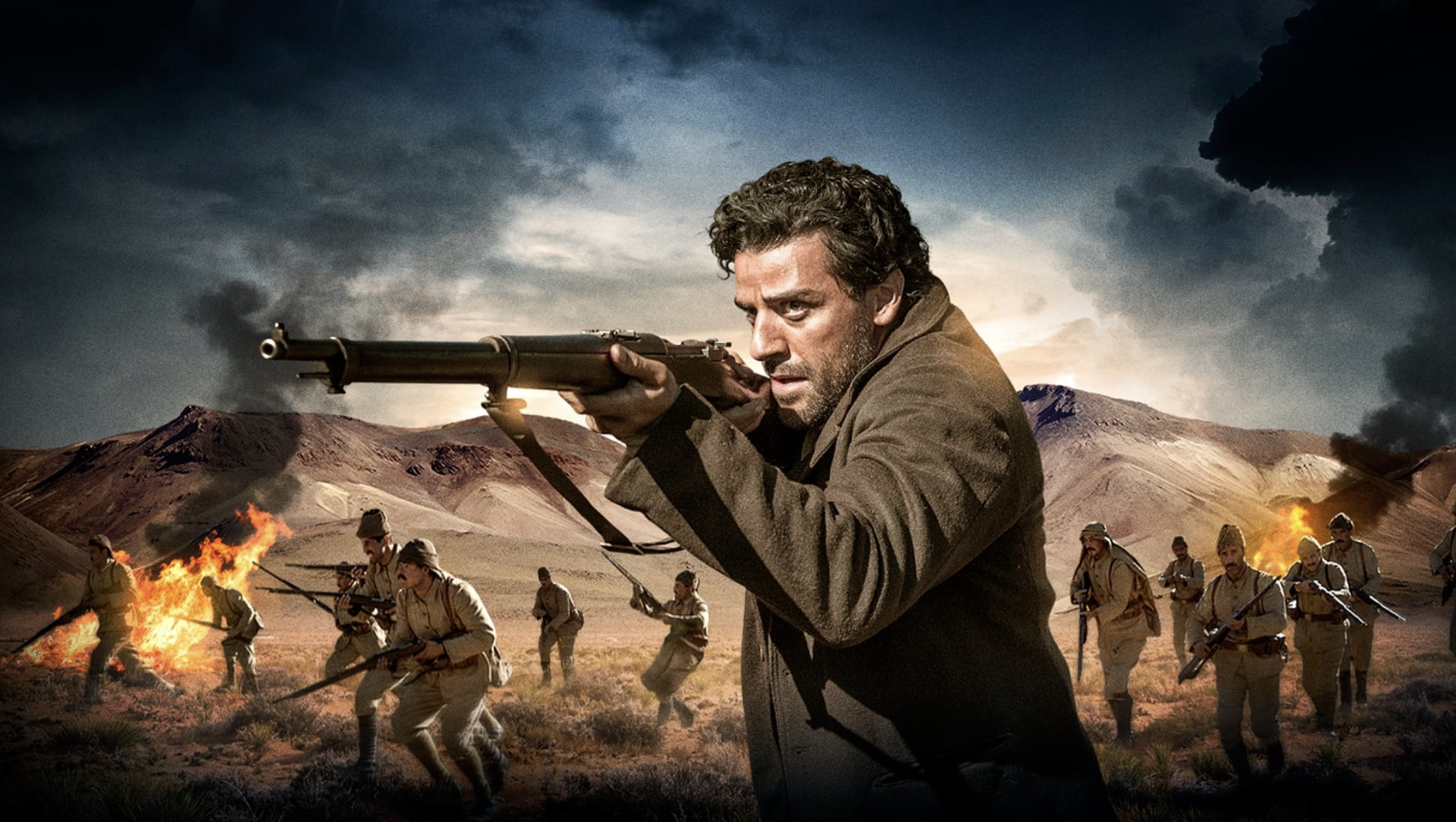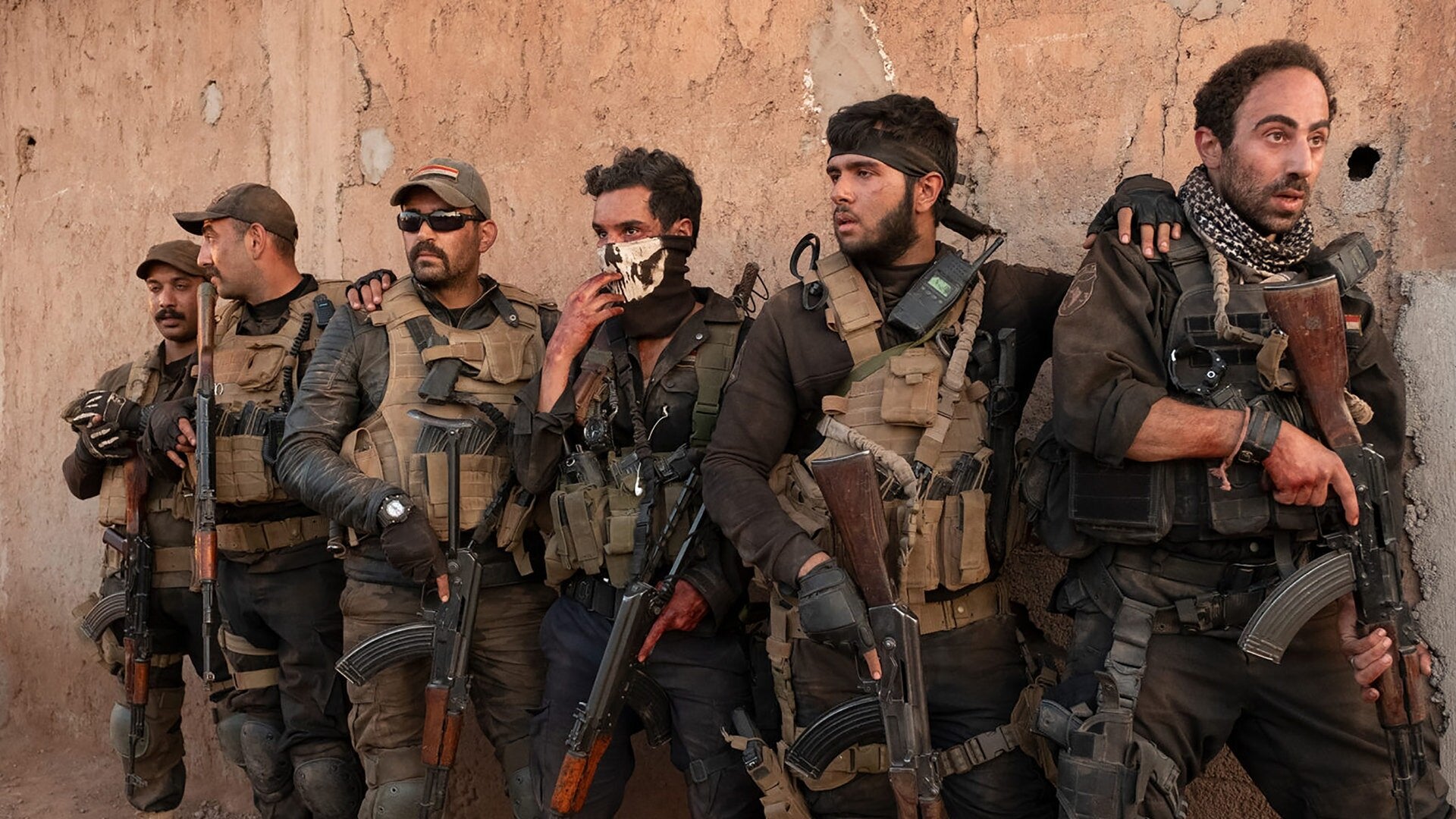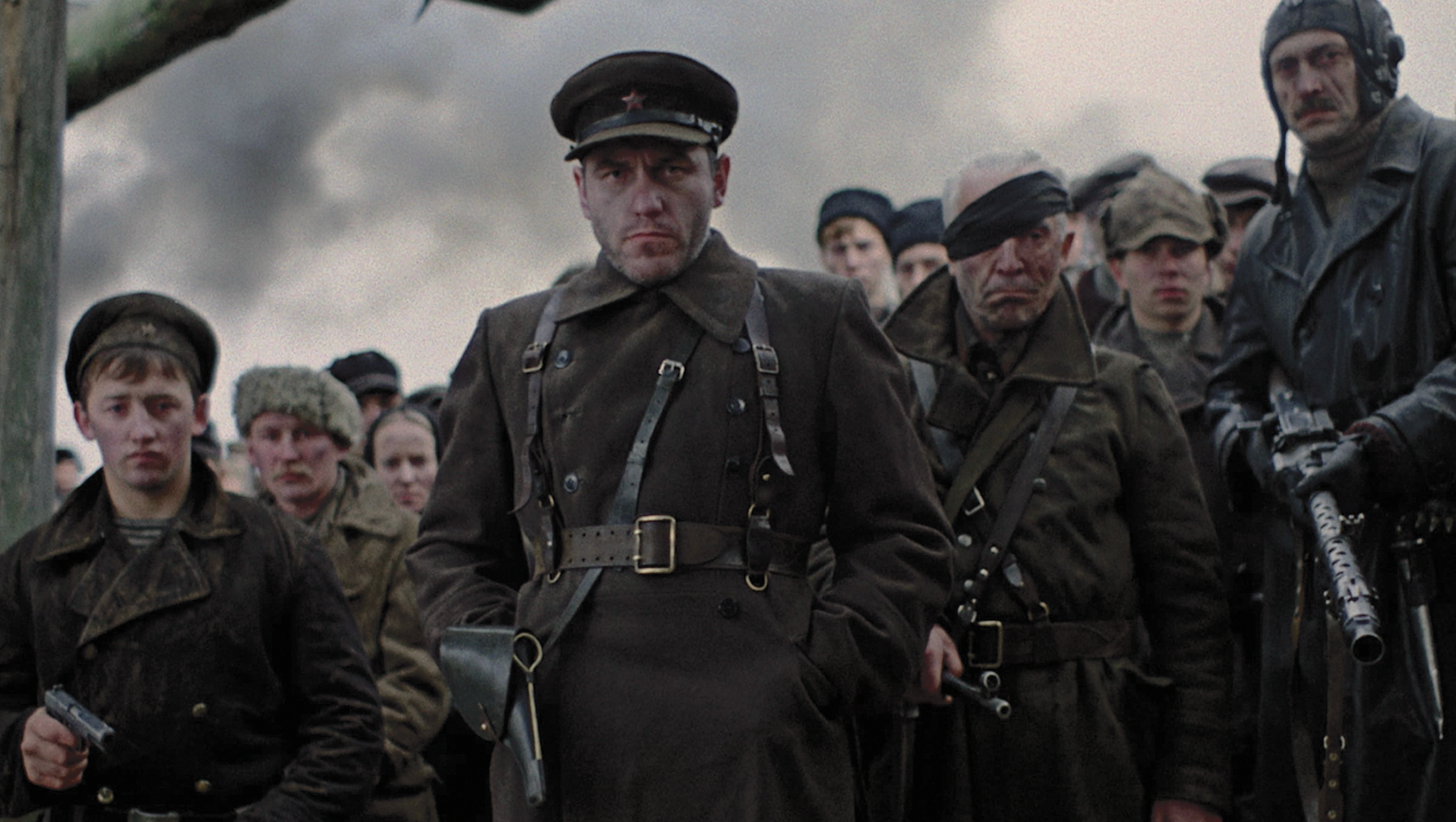
Movie Review Monday: The Promise

The Promise is a 2016 film available on Netflix depicting the Armenian Genocide from the victims’ point of view. I felt this film would be a relevant watch for today, given Turkey’s increasingly authoritarian behavior & military expansionism. The movie offers historical context behind the regional ethnic tensions seen today, as well as an easy-to-follow narrative from the average victims’ perspective on how a genocide occurs.
The film’s main protagonist is a young Armenian medical student in Turkey played by Oscar Isaac as hints of the Great War loom in the background but seem barely noticeable...at first. The film follows his journey from his hometown in a remote village in Turkey to Constantinople, where he rubs shoulders with the elites of Ottoman society. Even though he’s already engaged, he falls in love with a well-traveled Armenian woman who’s in a rocky relationship with an American journalist. Critics did say it was a little soapy with conflicting love interests between characters, which is fair. But if you go into watching it with the expectation you’re watching a historical drama, it’s not a big deal. Plus the characters put their personal conflicts aside in order to address the bigger problem, so the whole love triangle thing didn’t feel like something shoehorned in to frustrate the viewer.
Like almost all genocides, the discrimination against Armenians starts off comparatively small; insults and demeaning language and so forth. When the Ottomans enter WWI, things quickly deteriorate into more concrete forms of discrimination. From there, things boil over into pogroms resembling Kristallnacht before we finally arrive at full blown genocide. Without spoiling too much, the film follows Oscar Isaac’s character as he experiences the various fates Armenians and other victims faced at the hands of the Ottoman government.

The Armenians are not the only victims of state terror. Journalists, humanitarians, and Turkish government officials who try to do the right thing also find themselves in the regime’s crosshairs. One instance in the film provokes an intervention from the US State Department who pressures the Ottomans into relenting. As an American, that part was particularly satisfying to watch although it was probably just a little bit of feel-good US propaganda. I’ll take what I can get, though. The part of the film I found most satisfying, however, was when the Armenians decide they are done fleeing and take up arms to hold off waves of advancing Ottoman soldiers during a dramatic rescue operation. The operation depicted in the movie 100% occurred in real life, but I’ll refrain from going into further detail so I don’t spoil it for you.
Perhaps what’s most interesting about the movie is the situation around its release. The Ottoman Lieutenant, a primarily Turkish-funded movie released around the same time, painted the Ottoman Empire in a favorable light while only mentioning the ethnic hostilities in a sort of passing manner. I was taking a college course on the Armenian Genocide when trailers for the Ottoman Lieutenant began showing during commercial breaks on big cable channels. Basically, imagine taking a college course on the Holocaust and you see a romantic movie called The Nazi Lieutenant drop around the same time as Schindler’s List. You can imagine my reaction. Critics accused the film of trying to eclipse public attention from The Promise, something that is 100% in line with the Turkish government’s policy of vehemently denying the Armenian Genocide. Those who have studied the subject know that denial is the tenth and final stage of genocide. The bottom line is Erdogan didn’t want you to watch The Promise.
I can’t really think of any gripes I have for the movie. It’s PG-13 so some might complain it seems a bit sanitized but I can only presume the intent behind that is so it can be shown in classrooms.
Hopefully, this will give you more insight into the tensions between Turkey, her allies (namely Azerbaijan), and Armenia. Azerbaijan, which has been compared to Turkey’s little brother, was Armenia’s opponent in the recent Nagorno-Karabakh conflict. Publications like Popular Front and independent journalists like American Gopnik have documented a disturbing amount of war crimes perpetrated by Azeris against Armenian POWs and civilians. This isn’t to say Armenians haven’t committed atrocities, but the majority of atrocities posted online have come from the Azeri side, according to Popular Front. Chillingly, the atrocities perpetrated against Armenians in the modern conflict appear to be an extension of the events depicted in this film.
If you haven’t seen The Promise, I recommend giving it a watch when you have a chance.
Written By BAA BAA BLACK CAT
3/29/21









